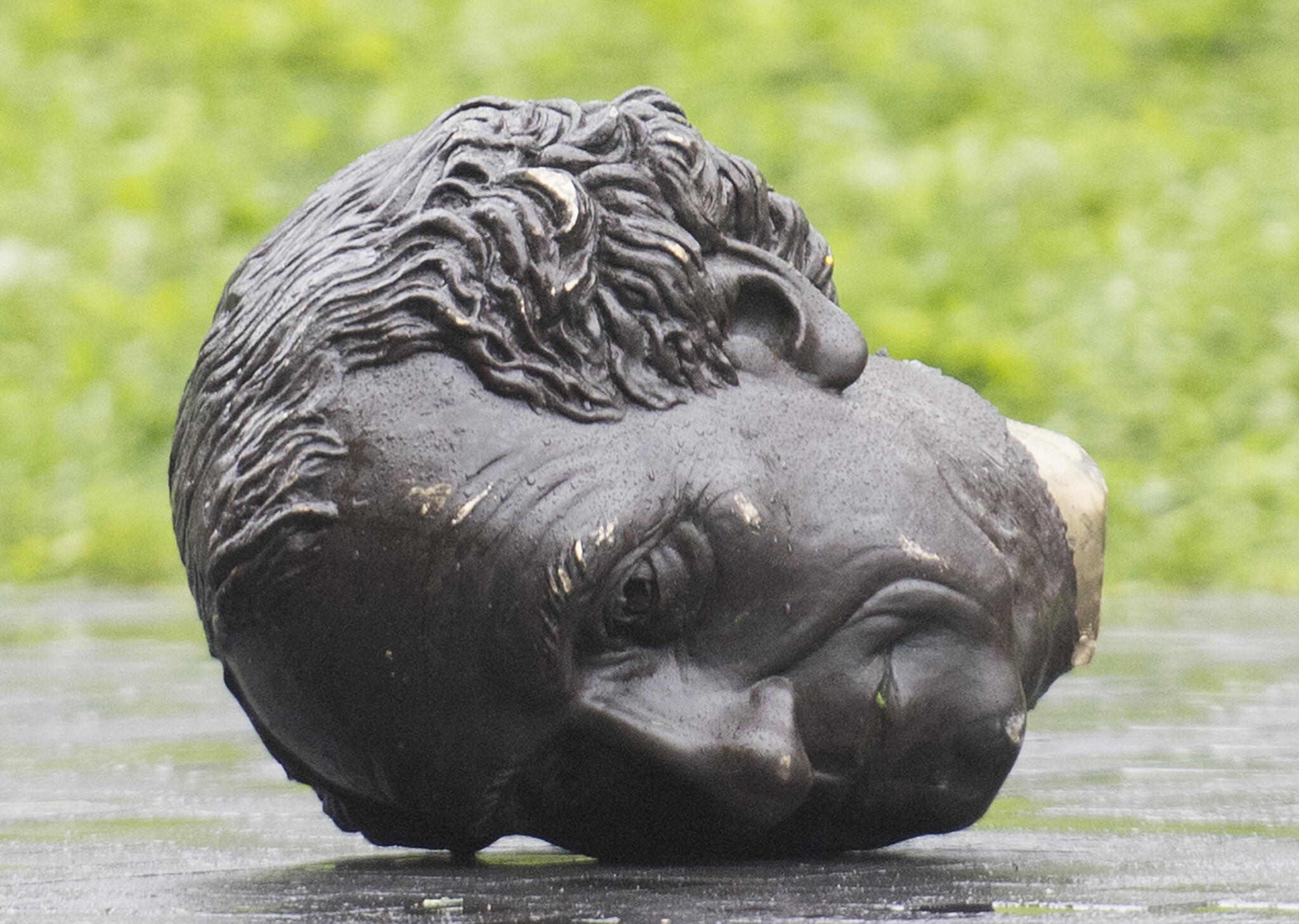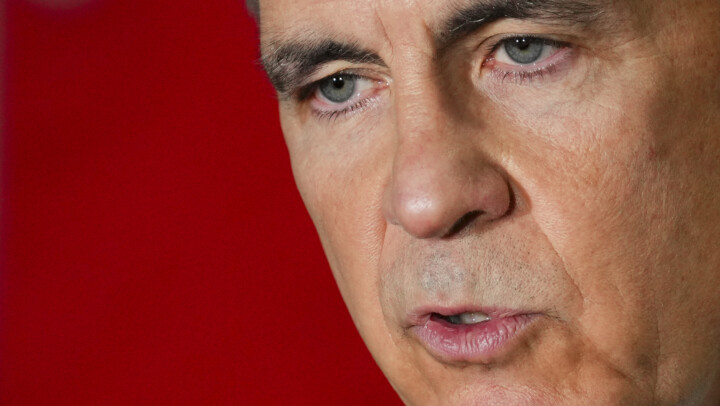
This year marks the 60th anniversary of Canadian philosopher George Grant’s Lament for a Nation: The Defeat of Canadian Nationalism, a seminal work that reshaped Canadian political discourse. Published in 1965, Grant’s critique of American cultural dominance and technological modernity challenged Canadians to reconsider their national sovereignty and identity. To mark the occasion, this summer, The Hub will feature a series of essays from big thinkers exploring the book’s enduring legacy and how its insights remain vital to understanding Canada and its relationship with the United States today.
In the topsy-turvy first few months of the year in Canada, rhetorical liberal nationalism won the day. But as President Donald Trump’s provocations diminish (or as we take them less seriously), and the urgency around protectionism recedes, thought leaders and policymakers across the political spectrum are groping around for a nationalism that makes sense—and are generally coming up empty.
Indeed, while 21st-century capital L Liberal nationalism—the zenith of which was surely the Mike Myers “Elbows Up” ad—has ostensibly won the day, its hollowness was revealed in the weeks following the election, its over-compensating façade falling away to reveal a predictably vacant core.
This isn’t to say that capital C Conservative Canadian nationalism has a coherent story. We can be just as quick to grasp for rhetorical overreach, to leap at easy protectionism, and forget (did we ever even know?) what exactly needs protecting.
As American professor and author Patrick Deneen pointed out at the Canada Strong and Free Network conference in the middle of our federal election, it really is the perfect time to revisit Lament for a Nation. The book that made George Grant a famous public intellectual is both ripe for critique and shockingly prescient.
He identified the decay of our shared culture, but he also envisioned a much more accelerated technology-enabled globalism. He saw the rise of consolidated corporate power—what he called “private governments”—but didn’t fully realize that pseudo-protectionism (rather than free market orthodoxy) would be what enabled it. He foresaw the inevitability of Americanization but assumed it would be only free marketers who accelerated it, not progressive elites aping the cultural Marxism of American newsrooms and ivory towers.
In predicting that the soft nationalism of Canada’s Liberals (masking their true “continentalism”) would be the ultimate undoing of Canadian sovereignty, Grant couldn’t have expected that the rise of global progressivism would pervert free market liberalism even further. But his borrowed description of the efficacy of their approach—“the operation was a success, but the patient died”—perfectly captures the state of Canada’s culture and economy following decades of rarely interrupted natural-governing-party rule.
Grant was correct that Liberal rule would exacerbate the downfall of a truly sovereign Canada, but what he didn’t foresee was that it wouldn’t primarily happen because of open economic policy. Indeed, Liberal anti-history cultural imperialism, combined with soft economic protectionism, has led to the worst of both worlds: a bereft culture with none of the dynamism of a truly open entrepreneurial economy.








